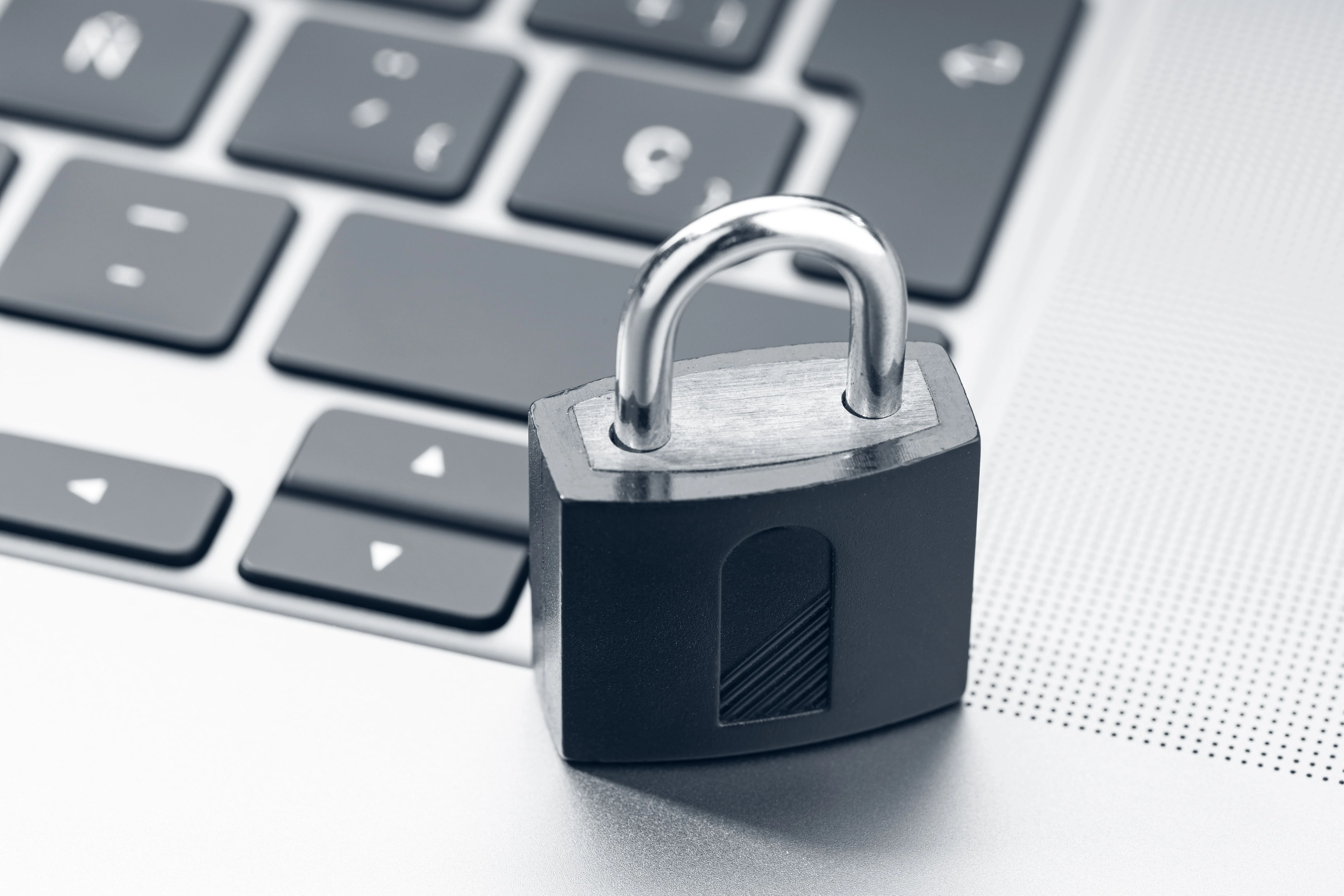Address
6010 W Spring Creek Pkwy, Plano, TX 75024, USA


Data security has never been more crucial than in today’s digital era, particularly in the realm of outsourced accounting. As a Certified Public Accountant (CPA), being cognizant of the pivotal security protocols your outsourced accounting partner should adhere to is a non-negotiable aspect of safeguarding sensitive financial data.
The role of a CPA inherently carries substantial risk, due to the sensitive nature of the financial data they handle. Insufficient or haphazard security measures can lead to disastrous outcomes, such as data breaches, crippling financial loss, and even severe damage to your reputation. Therefore, the implementation of stringent and robust security protocols is not just a necessity, but a prerequisite for CPAs.
When it comes to securing outsourced accounting, encrypted data transmission stands as the first line of defense. It involves the scrambling of data during transmission, which can only be deciphered with a unique key, thereby maintaining the confidentiality and integrity of your data.
Another fundamental protocol is secure access control. It ensures that only authorized individuals can access sensitive financial data, effectively protecting your information from potential internal threats and unauthorized external access.
Regular security audits serve as the equivalent of health check-ups for your security setup. They identify potential vulnerabilities and weak spots, allowing you to rectify them before any damage is done, and thereby fortifying your overall security framework.
Multi-factor authentication adds an additional layer of security to your data. Even if one authentication factor is compromised, the intruder has to overcome at least one more barrier to gain access, making this protocol a powerful deterrent against unauthorized access.
Firewalls act as gatekeepers to an organization’s network, while intrusion detection systems constantly monitor the network for any malicious activities. Together, they can effectively block unauthorized access and provide an additional layer of protection for your financial data.
Virtual Private Networks (VPNs) provide a secure connection for remote access, encrypting all data in transit. This is of paramount importance in outsourced accounting, where remote access to financial data is a commonplace requirement.
Regular data backups and robust disaster recovery planning are fundamental to ensure business continuity in the event of potential data loss incidents. This protocol is paramount in upholding data integrity and availability, especially in outsourced accounting.
In conclusion, the importance of these seven security protocols in outsourced accounting is indisputable. It is incumbent upon CPAs to ensure their outsourced accounting partners strictly adhere to these protocols to guarantee the security of their financial data. Remember, the safety of your financial data is not just a facet of your business; it is the backbone. Hence, its security should be prioritized and given the absolute attention it demands.
For top-notch, highly secure outsourced accounting services for CPAs in the US, book a free consultation today.